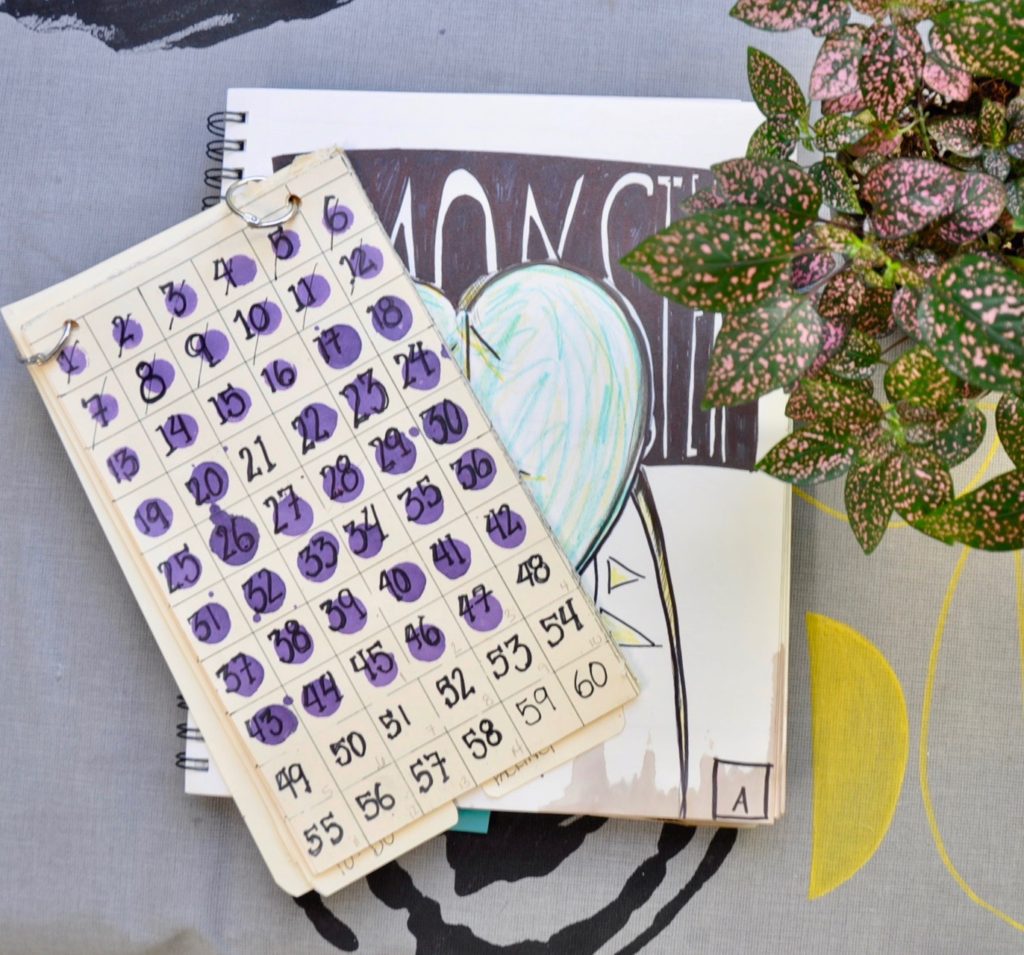Unpacking Due Dates: Why Students Fall Behind

As a teenager, I remember sitting in the basement working on homework. Me on one couch, my older brother on the other. I sometimes also had a chalkboard nearby so that I could “teach” myself as I studied for a test, while my brother was sure to have his assignment book in hand. The problem for him was that he didn’t treat his assignment book as something that you glanced at to understand what pages you needed to read in your history book, he treated it as a book to sit and read.
Yes, the school provided assignment books did contain interesting little facts, but he still seemed to spend more time reading it than I could ever understand. That is not to say that he didn’t manage to get good grades, however, I believe that was more because he is smart and a good student, then because he knew how to plan, study, and finish his work on time.
Below, I’ll share some of the ways that I plan my day and week to avoid feeling overwhelmed and behind.
I always had to study more than him if I wanted to do well on tests and written assignments. And that was okay because I was good at making a plan and even better at understanding how I learned things, hence the chalkboard. We also had the privilege of growing up with a mom who was a special education teacher that was able to help us. Many kids don’t have any of those tools at their disposal.
When teenagers submit their work late or don’t do it at all it’s usually because of one of the following reasons.
- They didn’t understand the assignment, and asking for help felt harder than just doing nothing. This way they fail because they didn’t try, not because they weren’t smart enough.
- They have too many assignments from different teachers and needed to pick and choose what was most important to finish and hand in.
- They have no idea how to estimate time and really thought that they could finish the book report 2 hours before it was due. (Even though they hadn’t started reading the book).
- They haven’t been taught how to create a schedule that includes things like projects and due dates, therefore, every day feels like a complete surprise.
Don’t expect students to hit due dates, if you haven’t first taught them how to break down a project and create a plan. Most students are used to putting appointments on a calendar like dance practice, math test, book report. The problem is, they put it on the date that it’s due, and forget about it until that date. When you write down the day that you have a math test, that means that you also have to block out time BEFORE to study for the math test.
Tip: Next time that you go to write something in your planner, ask yourself, is this is a one-time thing, like ready 10 pages, or is this something that requires me to do other things to prepare, like a math test. If it requires preparation time, add that to your calendar, now you’ve blocked off time, and are much less likely to forget.
A due date can’t be an individual event on a calendar. It needs to be a series of events leading to the finished product.
